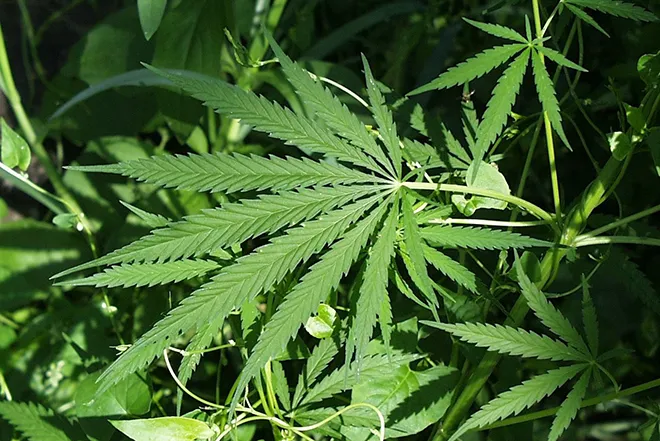
A giant policy question mark lies before smaller, independent farms
© iStock - Pashalgnatov
Click play to listen to this article.
From declining commodity prices to unpredictable weather, American farmers are at a crossroads - especially smaller operations.
And they're wondering what things will be like after President-elect Donald Trump takes office.
As it did in Trump's first term, the incoming administration is poised to revive trade disputes by implementing tariffs.
Analysts say the first go-round had a negative effect on farmers, with agricultural exports suffering $27 billion in losses.

Emergency aid was approved, but observers say larger agri-businesses were prioritized too much.
Ben Lilliston - the director of rural strategies and climate change at the Minnesota-based Institute for Agriculture and Trade Policy - said he wonders if similar patterns will emerge.
"That definitely is a concern because we've seen consolidation in farmland," said Lilliston. "We're losing farmers - particularly losing small, mid-sized farmers - and this would be just another advantage for the largest operators."
Those larger sites, namely concentrated animal feeding operations or CAFOs, are growing in number, creating environmental impacts.
That's on top of talk from Trump and his aides about mass deportations of undocumented individuals, potentially disrupting the farm labor force.
However, Lilliston said Trump has raised legitimate questions about the need for trade reforms.
The Biden administration has been aggressive in addressing market fairness for farmers and improving their climate outlook, but also has been criticized for certain moves.
One is funding bio-digesters, which opponents say helps expand CAFOs.
Lilliston said they're unsure what Trump will do on that front, but conservation funding through the Inflation Reduction Act could take a hit.
"It's given a huge boost and made more money available, close to $20 billion," said Lilliston. "So, the question is, as the Trump administration comes in, how are they going to use that Inflation Reduction Act money?"
He pointed to rumblings that the incoming administration wants to roll back unspent IRA funds. But it could be a thorny issue with Republican lawmakers who tout these investments for their districts.
Those conservation dollars are viewed as ways for smaller farms to make their land more resilient and competitive in the face of climate change.
Lilliston said there are other uncertainties, such as the person chosen for Ag Secretary. She has little policy background, leaving farmers guessing.

















